We keep saying that DevOps is a culture. But what does that mean?
DevOps is a set of practices that combines software development and information-technology operations which aims to shorten the systems development life cycle and provide continuous delivery with high software quality. But the question is, how can DevOps build a culture?
Well, when an organization decides to go DevOps, that’s kind of a 180-degree change of scenarios. You need to develop new practices, train your employees to follow the DevOps norms and since it’s a drastic change from the traditional methodology, it will take a great amount of time for your organization to adopt it.
If this doesn’t look like a cultural shift, then what does?
If you walk through history, what changes do you see in the culture of the medieval time period, early modern time period, and today, as in the modern time period? That’s easy to answer. Their attire, their food habit, the way of communication, vehicles- everything is much evolved in the modern time period and is still evolving. So, what does an organization’s cultural change can bring? Yes, you guessed it right! It’s new DevOps tools and technologies that impact cultural change truly. And using the proper DevOps automation tools with a pinch of AI and ML can do the trick towards business transformation easily!
Here’s How you can do it:
Since DevOps is more of a cross-functional mode of working, people working under this culture prefer using a DevOps toolset as a toolchain that performs the following functions:
So, all you have to do is look out for tools that take care of all the metrics helping you bring the highest DevOps ROI.
Although, in the past few years a lot of DevOps tools have come on board that can help you in multitasking. Apart from Azure DevOps tools and AWS DevOps tools, we have this 30 best DevOps tools list right here that literally falls under the trends of 2023 - 2024 :
Slackwas launched in 2013 and is still ruling the DevOps world like a pro.Slack is the most commonly used DevOps tool used by most organizations till date.It is mostly used for effective communication. It allows developers to collaborate using toolchains in the same environment they are communicating with other maintenance and service members.
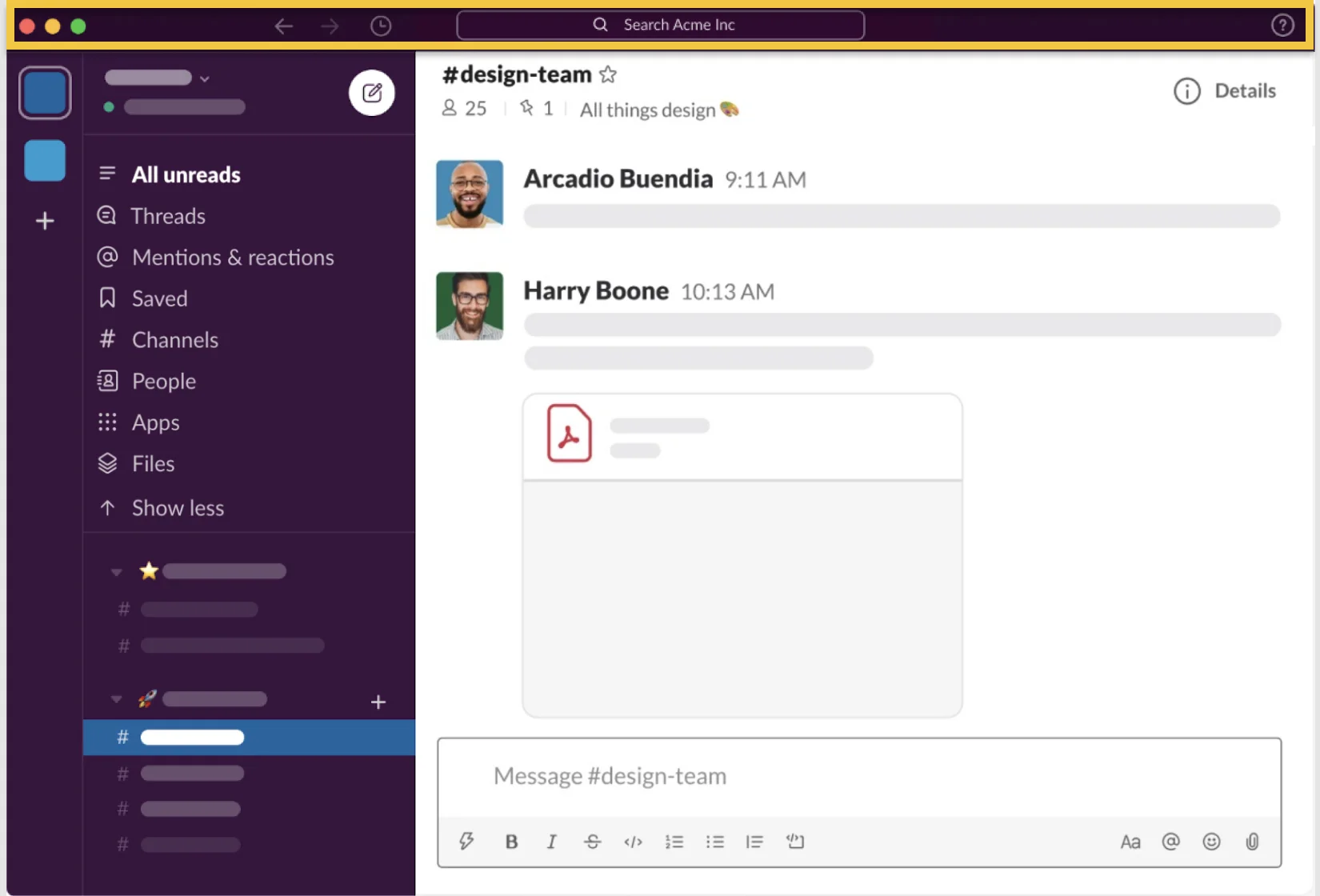
Just like Slack,Dockertoo was launched in 2013 and didn’t stop its journey there, only continued to evolve.Docker is a set of Platform as a Service (PaaS) products that use OS-level virtualization to deliver software in packages called containers.Containers are isolated from one another and bundle their own software, libraries and configuration files; they can communicate with each other through well-defined channels. All containers are run by a single operating system kernel and therefore use fewer resources than virtual machines. Research firm Forrester cited Docker as a leader in theenterprise container platformcategory for Q4 2018.
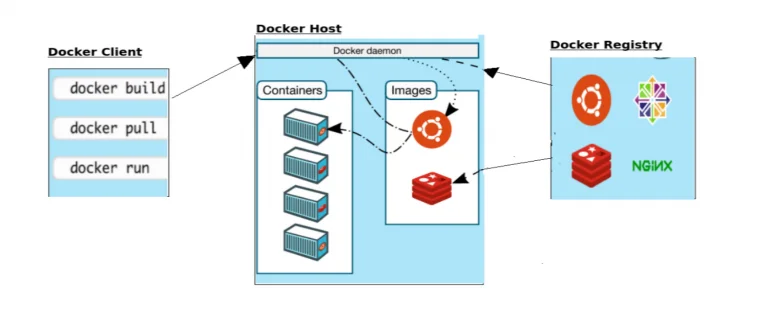
Jenkinsis a free and open-source automation server thathelps to automate the parts of software development related to building, testing, and deploying, facilitating continuous integration and continuous delivery.In fact, it is the best DevOps Testing tool you can ever find! Jenkins is a server-based system that runs in servlet containers such as Apache Tomcat. It supports version control tools, including AccuRev, CVS, Subversion, Git, Mercurial, Perforce, ClearCase, and RTC, and can execute Apache Ant, Apache Maven, and sbt based projects as well as arbitrary shell scripts and Windows batch commands. The creator of Jenkins is Kohsuke Kawaguchi. Also, as a cherry on top,Jenkins is free software too!
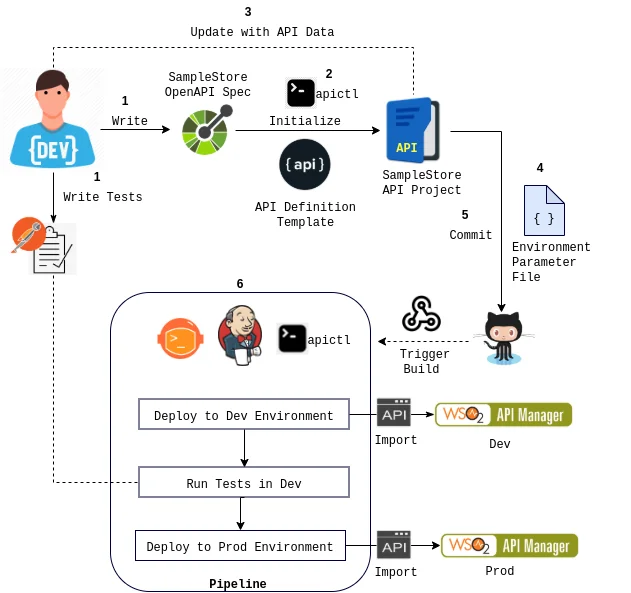
This one is the oldest, yet themost efficient DevOps monitoring tool. Created by Linus Torvalds in 2005 for the development of the Linux Kernel,Githas become one of the most adored DevOps tools across the globe over the years.Gitis a distributed version control system for tracking changes in source code during software development.It is designed for coordinating work among programmers, but it can be used to track changes in any set of files. Its goals include speed, data integrity, and support for distributed, non-linear workflows.
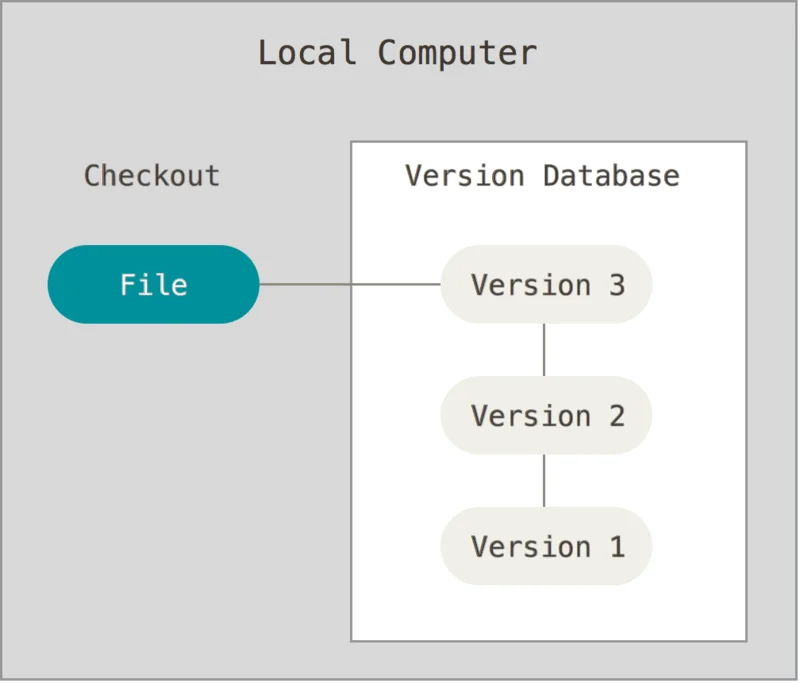
Buddyis a web-based and self-hosted continuous integration and delivery software for Git developersthat can be used to build, test, and deploy web sites and applications with code from GitHub, Bitbucket, and GitLab.It employs Docker containers with pre-installed languages and frameworks for builds, alongside DevOps, monitoring, and notification actions.Buddy’s configuration is performed by arranging predefined actions into sequences called pipelines. Pipelines can be triggered automatically on a push to a branch, manually, or recurrently.Actions include Docker-based builds, deployment to FTP/SFTP and IaaS services, delivery to version control, SSH scripts, website monitoring, and conditional notifications. Contrary to other CI tools like Jenkins or Travis CI, Buddy does not use YAML files to describe the process.
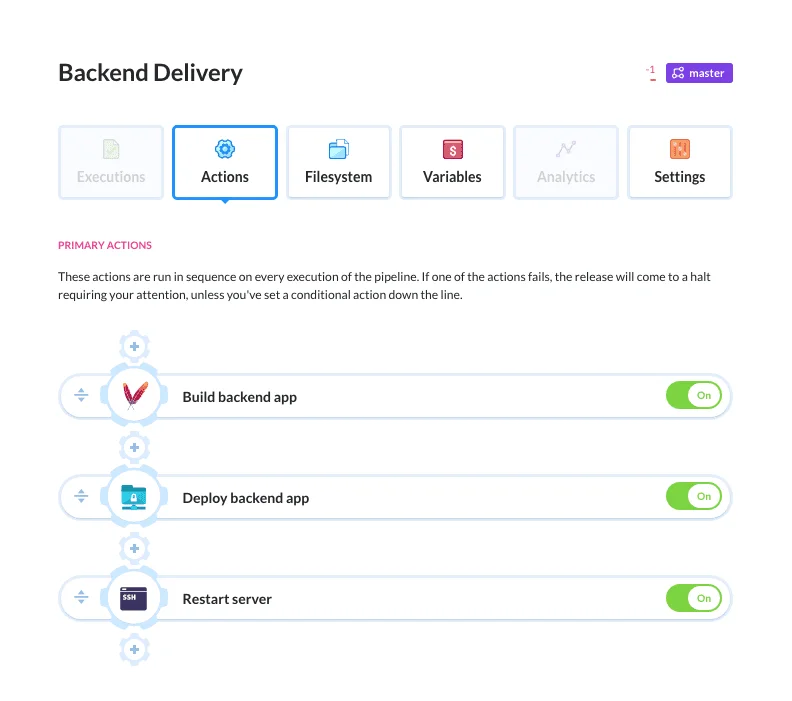
This one entered Infoworld’s open source hall of fame as the greatest open source software of all time!Snortis a free open source network intrusion detection system (IDS) and intrusion prevention system (IPS)created in 1998 by Martin Roesch, founder and former CTO of Sourcefire.Snortis now developed by Cisco, which purchased Sourcefire in 2013. Snort's open-source network-based intrusion detection/prevention system (IDS/IPS) has theability to perform real-time traffic analysis and packet logging on Internet Protocol (IP) networks. Snort performs protocol analysis, content searching, and matching.Snort can also be used to detect probes or attacks including operating system fingerprinting attempts, semantic URL attacks, buffer overflows, server message block probes, and stealth port scans.
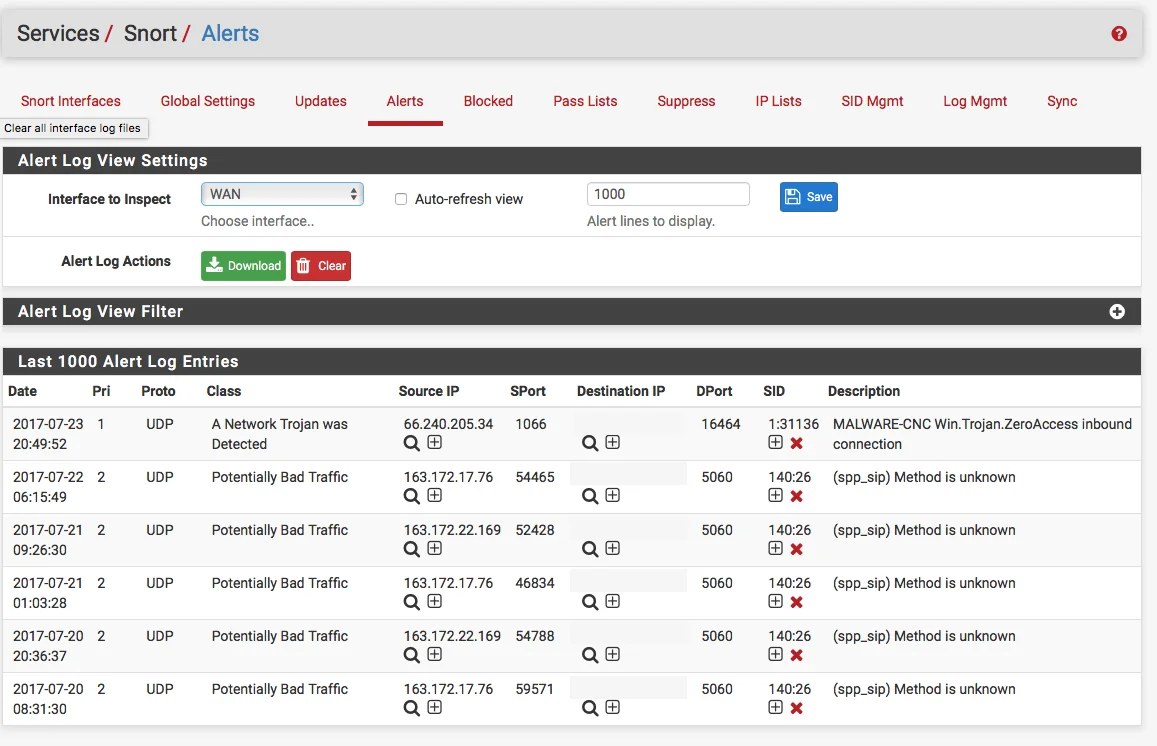
Nagiosis a free and open-source computer-software application that monitors systems, networks, and infrastructure.Nagios offers to monitor and alert services for servers, switches, applications, and services.It alerts users when things go wrong and alert them a second time when the problem has been resolved.Ethan Galstad and a group of developers wrote Nagios as NetSuite. In 2015 they were able to actively maintain both the official and unofficial plugins.
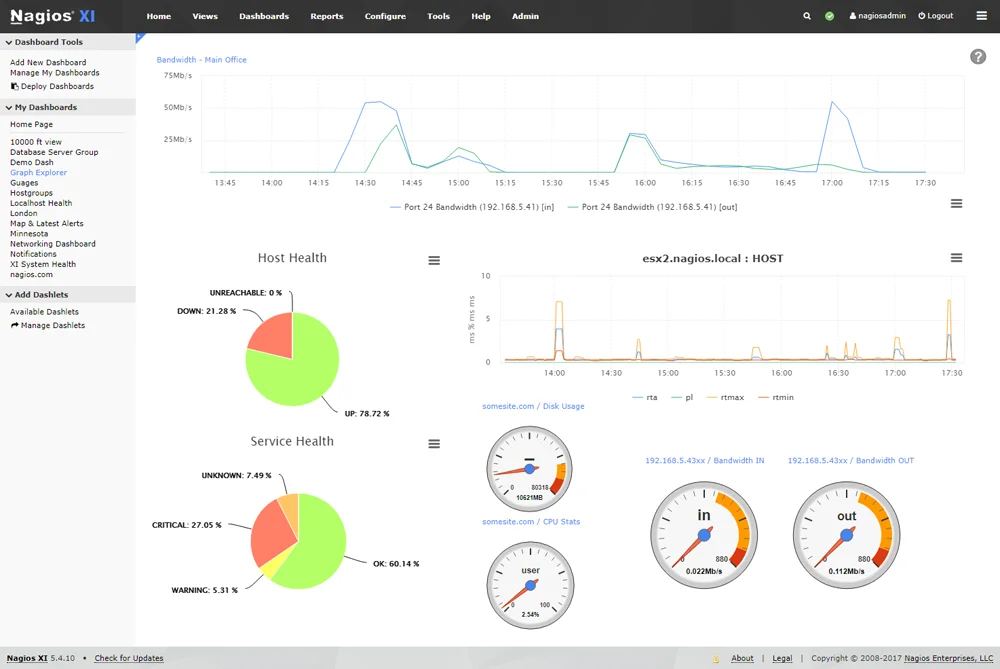
Among all the DevOps tools,Kubernetesis the most talked-about one till this year.Kubernetes is an open-source container orchestration system for automating application deployment, scaling, and management.It was originally designed by Google and is now maintained by the Cloud Native Computing Foundation.It aims to provide a "platform for automating deployment, scaling, and operations of application containers across clusters of hosts".It works with a range of container tools, including Docker. Many cloud services offer a Kubernetes-based platform or infrastructure as a service (PaaS or IaaS) on which Kubernetes can be deployed as a platform-providing service. Many vendors also provide their own branded Kubernetes distributions.
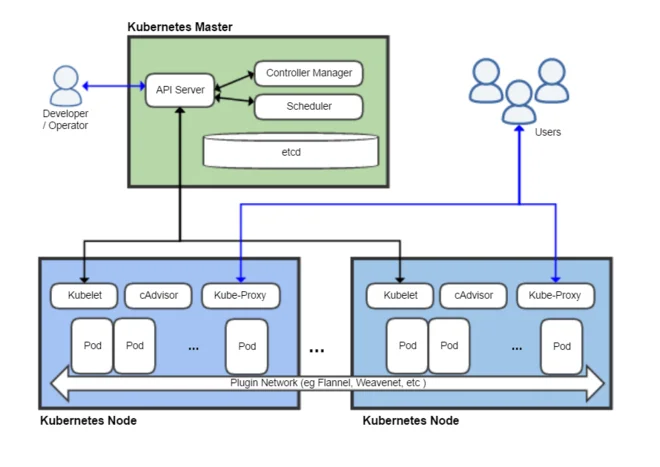
Every year, new DevOps tools keep coming on the board with new features to make your DevOps journey easier. We suggest you keep an eye on these journals for every new DevOps update.
If you have a keen interest in DevOps and have been wondering this whole time- “What are the DevOps tools I should learn about to pursue a DevOps career?” you might have just gotten your answer then! If you want to know about all the DevOps tools and technologies you need to create an impactful DevOps revolution, it’ best that you learn from the experts. Take ourDevOps trainingsessions, and get to know about all of it!
Take the next step in your DevOps journey with our DevOps Engineer Certification & Training program.
Confused about our certifications?
Let Our Advisor Guide You